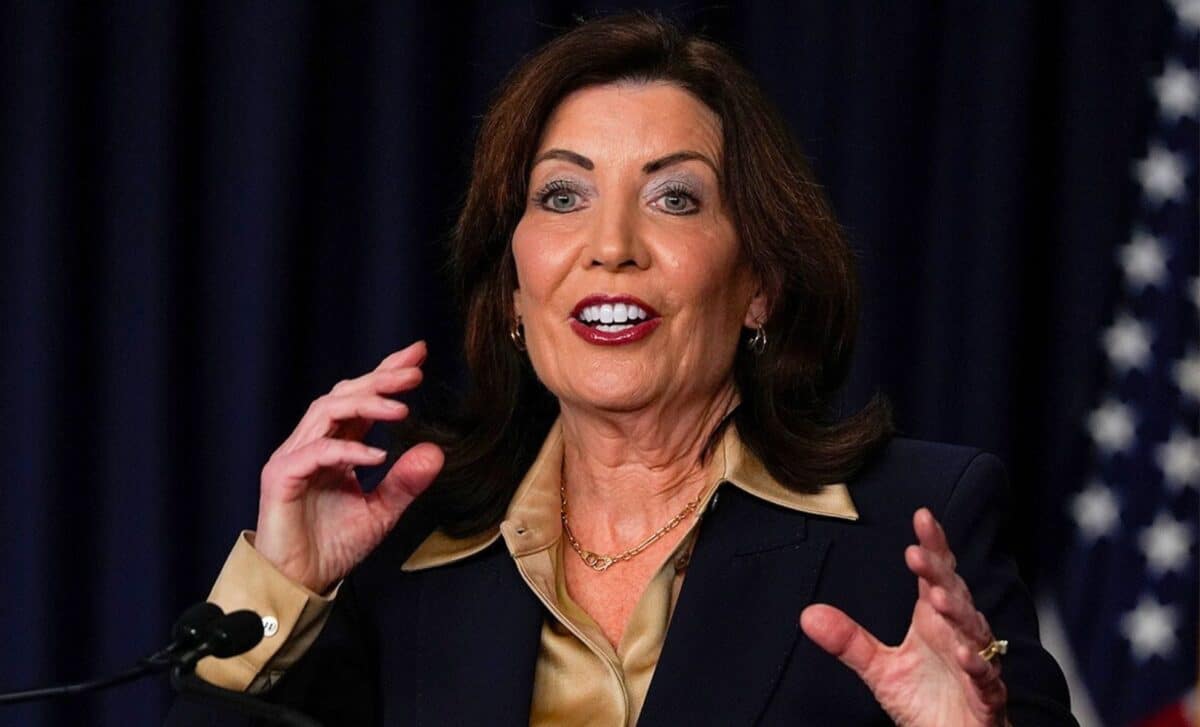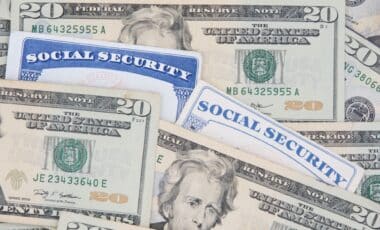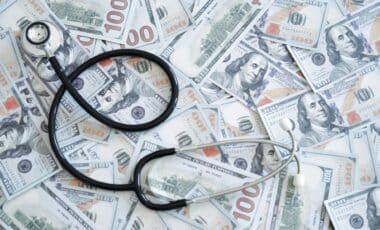Governor Kathy Hochul of New York has introduced a new proposal to provide inflation refund checks to some taxpayers, aiming to offer relief from the persistent cost of living increase.
The plan, which would affect approximately 8.6 million New Yorkers, is set to cost the state $3 billion. Hochul announced the proposal as part of the first preview of her annual State of the State address. If approved, checks could be distributed as early as next fall.
Who Qualifies for the Inflation Refund Checks?
Under Hochul’s proposal, individual taxpayers who earn up to $150,000 a year would be eligible for $300 checks. Couples filing jointly, with a combined income of up to $300,000, would receive $500 checks.
These refunds are being presented as a way to return some of the excess sales tax collected by the state, which has surged due to high consumer prices.
When Will the Refunds Be Distributed?
The checks are expected to begin being distributed by the state in fall 2025, if lawmakers approve the plan during the state budget process. Specific details regarding the timeline for when the checks will be mailed out have not yet been provided.
The total cost of the program, $3 billion, will need to be factored into the budget that Hochul will initiate in January 2025 and finalize with the state legislature by April 1, 2025.
How Does New York’s Proposal Compare to Other States?
New York’s proposal is part of a broader trend seen in at least 22 other states since the beginning of the COVID-19 pandemic, where tax rebates have been issued as a form of relief for residents facing inflation. For example:
- California issued a middle-class tax refund in 2022, with payments up to $1,050.
- Virginia provided $200 rebates to individuals in November 2023.
- Georgia has issued tax rebates in 2022, 2023, and 2024, offering $250 to single filers and $375 to heads of households.
While these rebate programs have provided temporary financial relief, Jared Walczak, a tax expert at the Tax Foundation, a nonpartisan policy group, noted that New York’s proposal is somewhat late compared to other states.
He further explained that, while it may offer immediate help, such rebates are seen as “patch solutions” to inflation rather than comprehensive long-term strategies.
He pointed out that most states are now focusing more on improving economic competitiveness through structural reforms rather than relying on one-time rebate checks.
Political and Economic Criticism
Despite the well-intentioned goals of the proposal, critics argue that it addresses only the immediate inflation issues without tackling the broader economic challenges faced by New Yorkers.
Walczak suggested that rebate checks, while politically appealing, do little to encourage economic growth in the long term because they only offer after-the-fact relief rather than proactive solutions, such as tax cuts.
He also emphasized that the rebate checks could be subject to taxes, as determined by the Internal Revenue Service (IRS), meaning that taxpayers may face additional liabilities for what is essentially their own money.
Political Reactions
The proposal has faced mixed reactions across the political spectrum. As Governor Hochul prepares for her re-election bid in 2026, her proposal to send out $500 checks could be seen as an attempt to sway public opinion and gain favor among voters.
Republicans, along with some Democratic opponents, quickly criticized the plan, labeling it a “political gimmick” and a “weak solution” to the much larger problem of high living costs and inflation.
Hochul’s unpopularity in current polls may also make this proposal a politically charged issue. Democrats control both chambers of the state legislature, which means the ultimate fate of the inflation refund plan lies in their hands. If approved, it could become one of the central talking points in the 2026 election.









